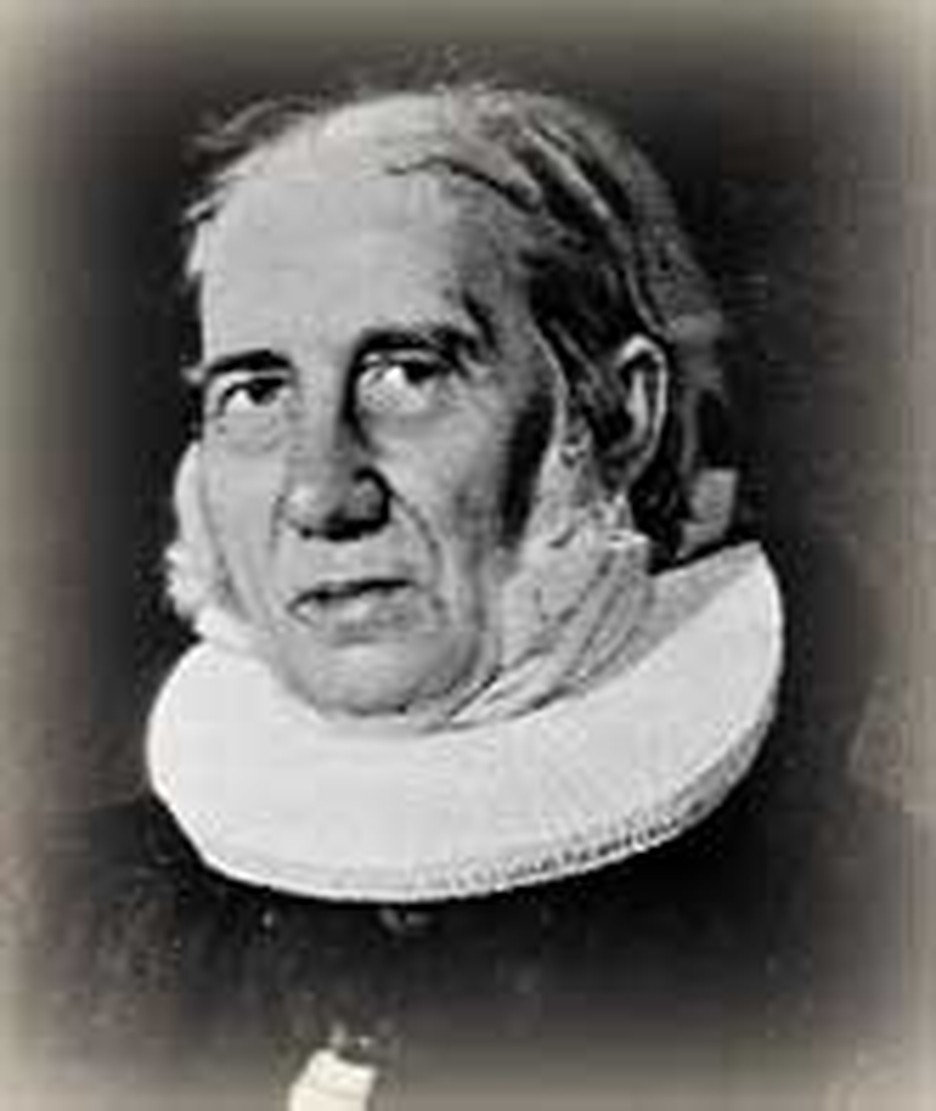
Nikolai Frederik Severin Grundtvig was dead. On this day, September 3, 1872, Danes realized that the man who had become virtually a national institution had passed from them. The controversial bishop had died the day before in Copenhagen. Whether they personally liked his positions or not, Danes had to admit that Nikolai permanently changed their lives.
Nikolai was born in a parsonage in 1783. For many years he struggled with faith. Danish Lutheranism had become rationalistic. There was little life in most churches. When Nikolai was twenty-eight, he finally resolved his own spiritual conflict and began to assist his ailing father with church work, planning to become a minister.
His first sermon created an uproar. In it he asked, "Why has the Lord's Word disappeared from His House?" The state church censured him. Nikolai reconsidered his decision to enter the ministry, but decided to go ahead and was ordained the next year.
With the censure hanging over him, he did not find it easy to locate a pastorate--although he eventually did. Beginning in 1815, he headed a school which sought to free the church from state control. He became a leader in educational reform in Denmark, promoting the concept of folk schools in which young adults would educate themselves. He was especially concerned to make the study of the Danish language more important than Latin in his nation's schools. His writing had a powerful influence on the thought of his day and his schools are credited with keeping Denmark's nineteenth-century Lutheran revivals alive.
In 1826, Nikolai was forced to resign his pulpit after he made a blistering attack on the rationalism of H. N. Clausen. By this time, Nikolai was already well-known for a study of Northern mythology in which he argued that poetry speaks better to mankind than prose and is the best medium for conveying spiritual truth to the soul. Although he attacked Schelling and other philosophers for the false ideas of Romanticism, he himself was thoroughly Romantic, and translated and introduced Anglo-Saxon and Norse literature into Denmark. This included Beowulf and the sagas of Iceland. He also wrote religious poems, sermons that called for a return to the spirit of Luther, and fervent Christian hymns:
We are God's house of living stones,
Builded for His habitation;
He through baptismal grace us owns,
Heirs of His wondrous salvation...
The established church wasn't sure what to do with Nikolai. He was too visible to ignore but too controversial to assign to a pulpit. In 1839, the church made him pastor of a hospital chapel. He stayed there the rest of his life. Eventually the state church gave him the rank of bishop--but not the duties!
Meanwhile, Nikolai helped peacefully bring parliamentary government to Denmark. His religious renewal movement, known as Grundtvigism, was carried to other nations. In America, Danish immigrants who favored his views were called "happy Danes" and formed the American Evangelical Lutheran Church.
Bibliography:
- Arden, Gothard Everett. Four Northern Lights; men who shaped Scandinavian churches. Minneapolis, Augsburg Pub. House, 1964.
- Birch, J. H. S. Denmark in History. London: John Murray, 1938.
- Grundtvig, N. F. S. Selected works. (English) edited and with an introd. by Johannes Knudsen; translated by Johannes Knudsen, Enok Mortensen, Ernest D. Nielsen. Philadelphia: Fortress Press, c1976.
- Koch, Hal, 1904-1963. Grundtvig; translated from the Danish with introd. and notes by Llewellyn Jones. Yellow Springs, Ohio: Antioch Press, 1952.
- Nielsen, Ernest D. N. F. S. Grundtvig: an American study. Rock Island, Ill. Augustana Press, 1955.
- Various encyclopedia and internet articles.
Last updated June, 2007


